An extraordinary lineage of resistance
The story of martyrdom and sacrifice in the Zubeidi family of Jenin.
Last week marked the third anniversary of a heroic resistance operation dubbed the Freedom Tunnel in Palestine. On September 6, 2021, Zakaria Zubeidi along with five fellow prisoners made a daring escape from the notorious high-security Gilboa prison in Israel by digging a 20-metre tunnel using only a spoon (thereby adding the humble cutlery to the many symbols of the Palestinian resistance). The miraculous operation took the six fighters nine months to accomplish and produced an enduring image of Palestinian resilience and unwavering resistance against the barbaric, inhuman, decades-long Israeli occupation.
It also gave us this poetic image (which is eerily reminiscent of the Shawshank Redemption escape scene) of an Israeli police official inspecting the exit hole through which the six Palestinians regained their freedom:
However, their days out of confinement would be short-lived as all six prisoners were arrested within days of their daring escape. Humiliated by their heroic act, the Israelis added another five years to the escapees’ incarceration while making the conditions of their confinement even more miserable.
At the time of his prison break, Zakaria had been imprisoned for over two years on charges of carrying out shooting attacks in the West Bank. Despite no trial date being set for his original arrest at the time of his escape, he was to serve five more years for daring to humiliate the Israelis.
The Freedom Tunnel operation aside, Zakaria is no ordinary man. He was the leader of Al-Aqsa Martyrs’ Brigades during the Second Intifada and his acts of resistance made him Israel’s most-wanted man in Jenin. They tried to assassinate him multiple times, but Zakaria was a survivor. Egyptian outlet Al-Ahram recounted Zakaria’s close encounters with death in a 2004 interview: “The first time the Israelis thought he was cornered in Jenin refugee camp; the second, on the second floor of a house; the third, in a stolen army jeep. Each time he evaded them, though five of his men were killed in the jeep, including a 14-year-old boy. This time too he slipped the noose, but with the loss of his AMB [Al-Aqsa Martyrs’ Brigades] deputy, Alaa [al-Saba].”
The biggest resistance act attributed to him was the November 2002 attack at a Likud party polling station in Beit She’an in which six Israelis were killed.
A revolutionary since childhood, Zakaria was shot in the leg at 12 and had his first stint in an Israeli prison at 14 for throwing rocks at an occupation patrol. He was incarcerated for six months. Half a year after his release, Zakaria was back in jail, this time for throwing Molotov cocktails at an occupation forces’ jeep.
Before the end of the Second Intifada in 2005, Zakaria, then 29, had already served seven years in prison. After the end of the intifada, he was among several resistance fighters who were given amnesty in a 2007 deal between the Palestinian Authority (Al-Aqsa Martyrs’ Brigades was the armed wing of Fatah, the leading faction in the PA) and the Israeli government.
However, his amnesty deal was reneged upon by the Israelis in late 2011 after alleged claims of violating deal conditions. He denied the Israeli claims. After the cancellation of his pardon, Zakaria was imprisoned by Mahmoud Abbas’s collaborator regime, the PA, for five months in 2012. He was tortured in detention. The Palestinian Authority, according to one account, “forced him to drink toilet water, inflicting sleep deprivation, stress positions and solitary confinement.” To protest his inhuman treatment, Zakaria went on a hunger strike. He reasoned: “This injustice not only robs me of my freedom but damages freedom for all. I am now fighting a new battle in Jericho prison with the only weapon I have left — my own life.”
In 2013, he was advised by the PA to turn himself in to their custody to evade certain attempts on his life by the Israelis. Zakaria spent the next four years in the PA’s open-door prison cell before his amnesty was restored in 2017.
For all his iconic status in the Palestinian resistance, Zakaria didn’t grow up wanting to take up arms, but the treacherous Israeli occupation left him no other option. His mother, Samira, offered the top floor of her house to Israeli activist Arna Mer-Khamis to run a community theatre for the kids of Jenin. They called it the Stone Theatre. Zakaria was part of its core troupe of actors.
In 2002, at the height of the Second Intifada, Israeli snipers shot two bullets through Samira’s heart, killing her. Zakaria’s brother, Taha, was also killed with a sniper’s bullet and the subsequent shelling of the house burnt his body completely. Their family home, whose top floor housed the Stone Theatre, would be bulldozed multiple times by the Israelis. The fate of his family members contributed to Zakaria’s move towards armed resistance. “Every week, 20 to 30 Israelis would come there to do theatre. We opened our home and you demolished it… We fed them. And, afterwards, not one of them picked up the phone. That is when we saw the real face of the left in Israel,” he remarked in 2006.
After the end of the Second Intifada, Zakaria, whose face is marked with green speckles due to an unruly grenade and body marred with multiple bullet wounds, would go on to found The Freedom Theatre in Jenin with Arna’s son, Juliano, in 2006, with the hope of giving an outlet for creative resistance to the youth of Jenin. “I didn’t want to become an armed resistance fighter,” he once said. “But this is what life gave me. I wanted to be an actor. I wanted to be Romeo. Now at The Freedom Theatre, others can have that chance.”
He views cultural resistance as an integral part of the fight against the Israeli occupation of Palestine. “People think that Zakaria went from armed resistance to cultural resistance. I did not,” he recounted. “I burst open the lock to the theatre with the butt of my machine gun. You can’t separate armed resistance from cultural resistance. Somebody needs to tell the story of the fighter: Who is he? Why is he doing what he is doing? You cannot just take a picture and write that he is a terrorist. Armed resistance is not one soldier killing another soldier. It is a civil uprising with fighters trying to defend themselves with whatever is available. There are tens of thousands of people in the camp and yet we didn’t have more than 120 guns to fight with. With these arms, we were fighting a national army.”
A man of many virtues, Zakaria, who was forced to abandon his education as a child and take up menial jobs, made the full use of his freedom during the amnesty and enrolled himself in a Master’s programme at Birzeit University in the West Bank in 2017. Through his brief freedom, arrest, escape, and re-arrest, Zakaria successfully defended his thesis titled “The Hunter and the Dragon: Fugitive in the Palestinian Condition 1968–2018” in July 2022.
In an article discussing Zakaria’s thesis defence, Birzeit University has an interesting anecdote:
Zubeidi was not able to write the conclusion of his study; however during the latest discussion with him on August 26, 2021, and before the events of the Freedom Tunnel, he asked to delete the full stop written at the end of his thesis text.
During his lawyer’s first visit to him after the Freedom Tunnel on October 21, 2021, Zubeidi explained the reason why he asked to omit the full stop: ‘I want to keep the hunter and the dragon’s story open before liberating from Gilboa. The story has still not ended.’
The Freedom Tunnel has not been documented in the study.
He eventually did write that final chapter, as the article concludes: “[Professor of philosophy and cultural studies Abdulrahim] Al Sheikh concluded this statement by announcing that Zubeidi completed his thesis with a high distinction in theory and practice.”
Two months before his successful thesis defence, another of Zakaria’s five brothers, Dawood, was killed by the occupation forces during a protest in Jenin in May 2022.
Son of a martyr mother and a sibling to many martyr brothers, Zakaria was in prison with one of his brothers when their father died of cancer in 1993. He learned of his father’s demise with muezzin’s announcement of his death on the mosque loudspeaker during his imprisonment in Jenin. The brothers were denied permission to attend their father’s funeral.
Resistance to the barbaric occupation in the Zubeidi household goes even further back than Zakaria’s parents. His grandfather, Abu Samir, escaped from the Israeli Shatta prison in 1958 where he was sentenced to life imprisonment and after his escape went on to pursue armed resistance against the Israelis. Like grandfather, like grandson.
In 2005, Haaretz’s Hebrew edition published an interview with Zakaria under the title “King of Jenin.” In it, the Israeli paper wrote: “He is married, with one son who, he says, will continue the fight.”
He was right. The son, Mohammad Zakaria Al-Zubeidi, did continue the fight.
However, Zakaria wasn’t averse to having it another way: a world in which his son was free to pursue his dreams and aspire to a better life than the struggles of his predecessors:
In a grainy video in which Zakaria holds his infant son in his hands and teaches him to walk, he says: “I want my son to be educated. I want him to live a better life than the one we’re living. I want him to obtain academic degrees, to become a doctor, a lawyer, an engineer, whatever he wants. That is my wish, and I will work hard for it. But that depends on whether the Israelis will allow him the chance to grow up and achieve these things.”
The Israelis will have none of it.
At the height of the Israeli occupation forces’ recent incursion into the West Bank (an operation that the Zionists named Operation Summer Camps), Mohammad, a resistance fighter of the Jenin Brigades (the Jenin branch of the Palestinian Islamic Jihad), ascended to martyrdom after the cowardly Israelis launched three missiles at a car in Tubas on September 5, a day before the third anniversary of his father’s heroic escape.
Seemingly certain of his fate, Mohammad had drafted his will in which he wrote:
This is my final message to you. I am a young man, not yet 20, with many dreams and ambitions. I knew that, with Allah’s help, my dreams would come true. I loved life because I wanted to bring smiles to the faces of those I love. But what kind of life is this, where our women, children, and youth are killed unjustly, where Al-Aqsa and the Prophet’s sacred mosque are defiled while we remain asleep? Is it not shameful for us to sit idle?
To my dear father: I have fulfilled my wish and embraced martyrdom in the cause of Allah with the determination of the fighters. I have left this fleeting world, hastening to the eternal abode in the Gardens of Bliss, where I will meet the Prophet, peace and blessings be upon him, along with the prophets, the righteous, the martyrs, and the good. Know, my family, that I have not left you due to distress or loneliness, but martyrdom has called me, a call I have long awaited.
To my dear mother: Forgive me, for the satisfaction of the Lord is tied to your satisfaction. My wish will not be fulfilled without your patience and acceptance of my martyrdom as a martyred servant of Allah, a fighter in His cause, raising His word, and avenging the martyrs of Palestine. Do not cry over me, but ululate instead, for this is the wedding of your martyr son.
My will to you, my family, is that no one should cry at my wedding procession, but rather distribute dates and ululate in celebration of my martyrdom.
In conclusion, I say to you: Until we meet again soon in a paradise as vast as the heavens and the earth, prepared for the righteous.
And our final prayer is that all praise is due to Allah, Lord of the worlds.
Your son and brother, the living martyr Mohammad Al-Zubeidi ‘Abu Zakaria’
Another generation of the Zubeidi family has started ascending without tasting freedom from the inhuman Israeli occupation.
The Zubeidis, who come from the Palestinian village of Wadi al-Hawarith, which was ethnically cleansed by the Zionists in 1948, have collectively spent over 90 years of their lives in the Israeli dungeons. Such has been their sacrifice for the cause of Palestinian liberation that for over more than 30 years they haven’t had a single death in the family due to natural causes — since Zakaria’s father died of cancer in 1993. They have buried eight of their own martyrs in that period, including Mohammad, the latest to join the unceasing caravan of martyrs from the Zubeidi clan.
The one consolation for the Zubeidis of Jenin and the Palestinians everywhere, however, would be that their martyrdoms haven’t stemmed the intensity or deviated the steadfast direction of the resistance one bit. If anything, the resistance has only intensified and gone from strength to strength, as if the blood of martyrs has added fertility to it and made it ever more valiant, exacting ever higher costs from the occupiers for their barbaric occupation. Where in the past, the Israelis could conquer vast Arab lands in a mere six days, they now struggle to subdue an occupied and besieged population despite a year-long genocide and count increasing losses against a new breed of ferocious fighters — raised on the heroic stories of Zakaria and his friends — in the occupied West Bank.
The occupation’s days are numbered. And when the last apartheid wall comes down and the last occupier leaves for the land from whence they came, and Palestine is free from the river to the sea, the Zubeidis will have played a massive part in its liberation.
I need your help
After 10 months, 94 articles, and a loss of employment due to my pro-Palestine activism (about which I will be writing soon), I have turned on paid subscription on this Substack. Please consider becoming a paid subscriber to help me continue this newsletter.
If you can’t afford a paid subscription, please consider buying me a coffee or two here: https://ko-fi.com/palestinewillbefree. You can also buy a paid monthly subscription at just $5 a month on the Ko-fi page, if you feel $8 here is too steep. Thank you.
Israel and rape
The resistance to the ongoing Israeli genocidal campaign in Gaza by the Palestinian groups in the enclave and by Hezbollah in northern occupied Palestine has forced hundreds of thousands of Israelis to flee from the homes they stole from the Palestinians in the so-called Gaza envelope (the areas bordering Gaza) and northern historic Palestine. Those who…

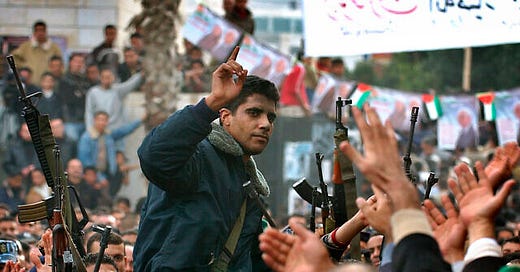



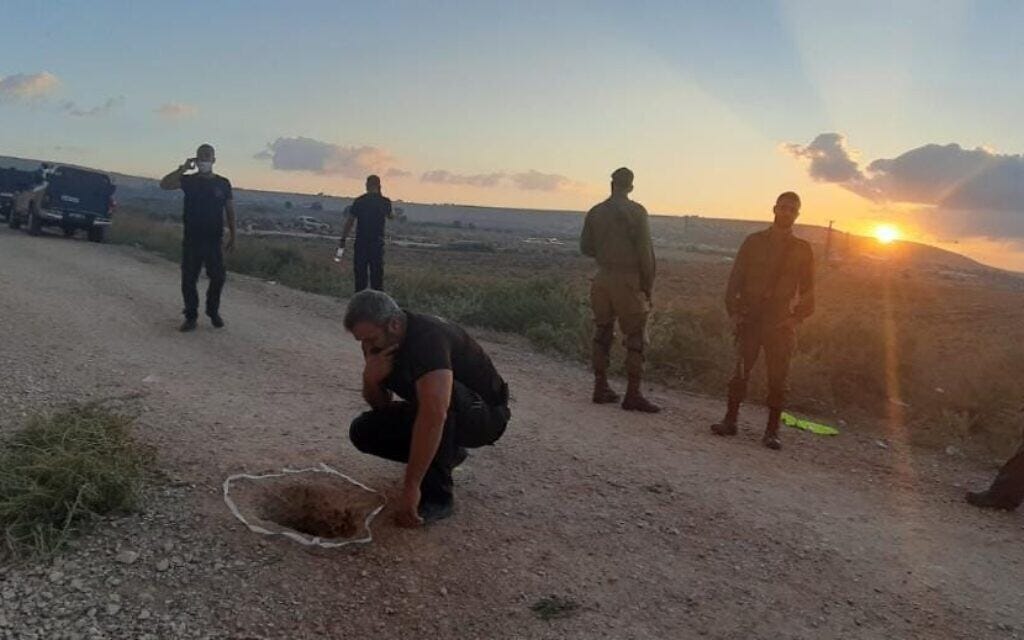
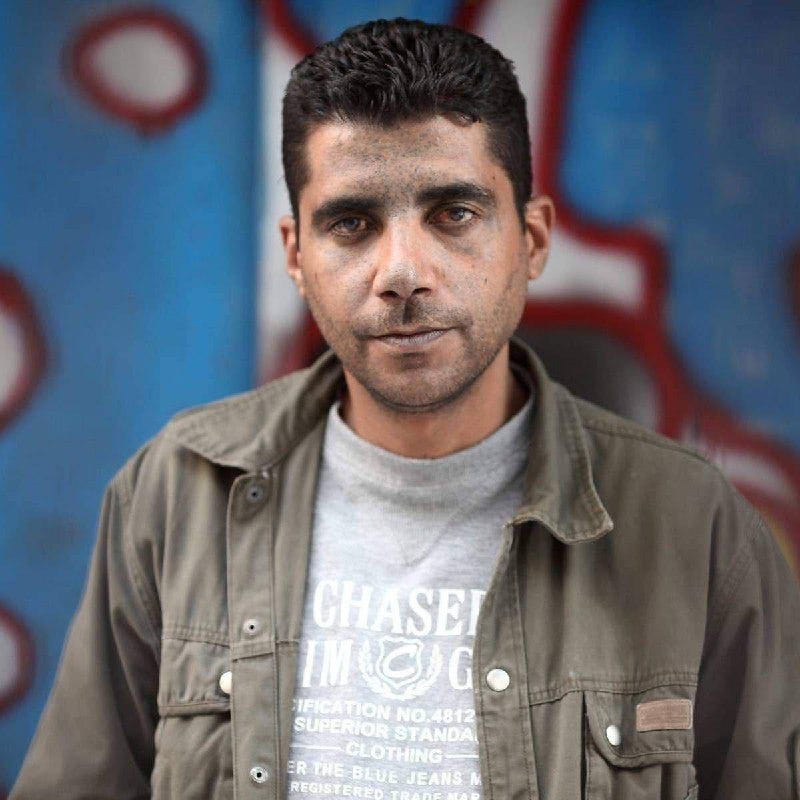
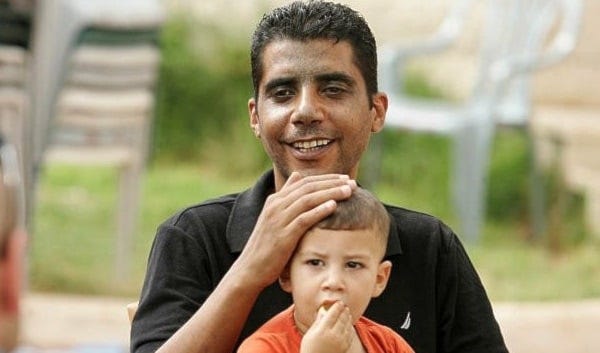
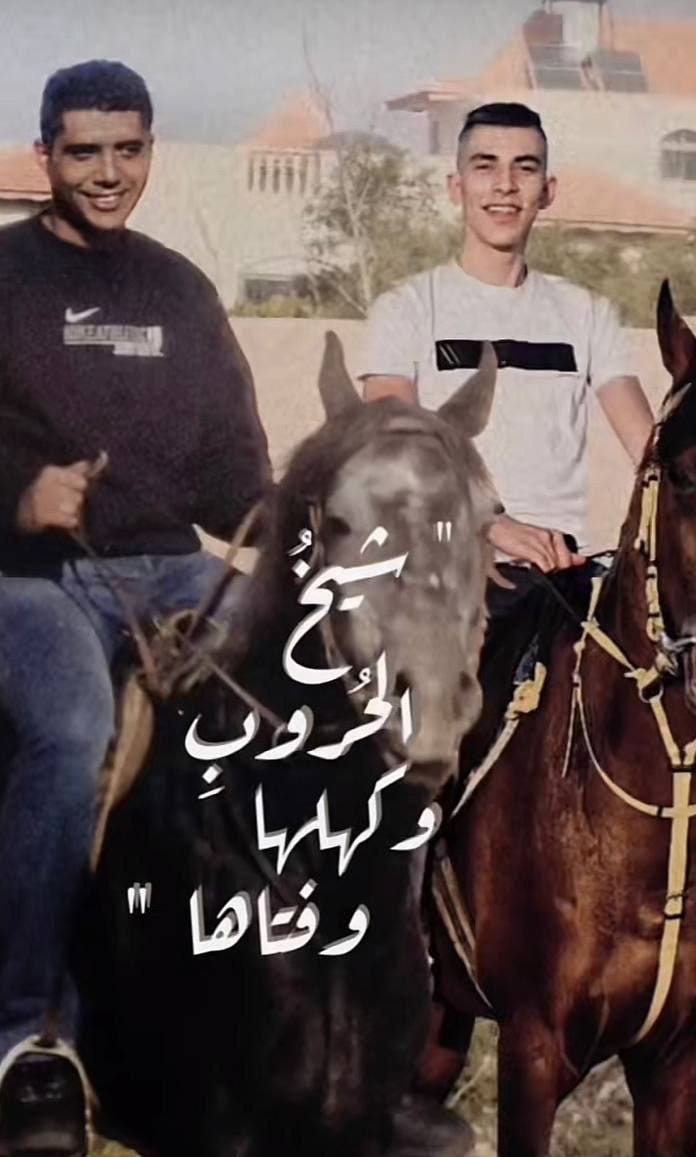
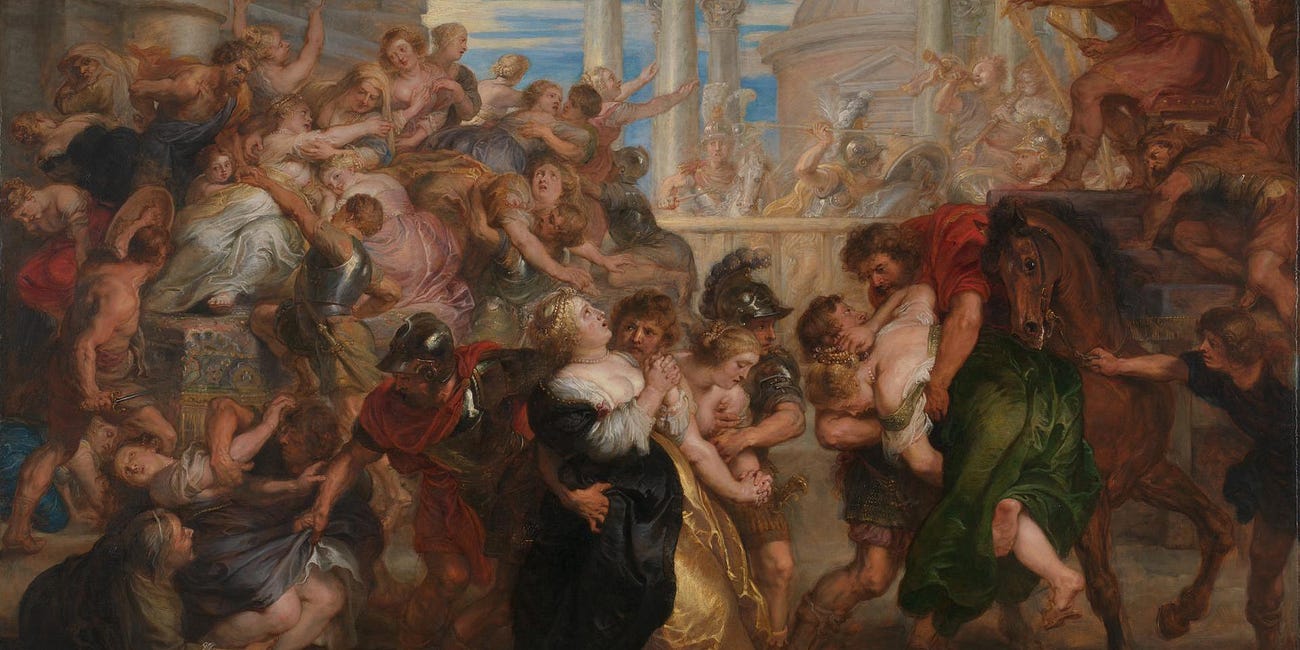
Brilliant history of a family's struggle against apartheid and genocide.
EVERYONE NEEDS TO READ THIS.
Thank you for sharing the harrowing tale of this family’s struggle in occupied Palestine.